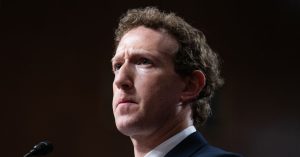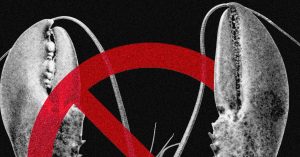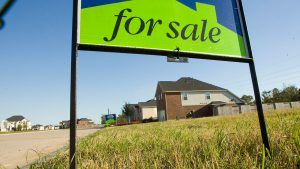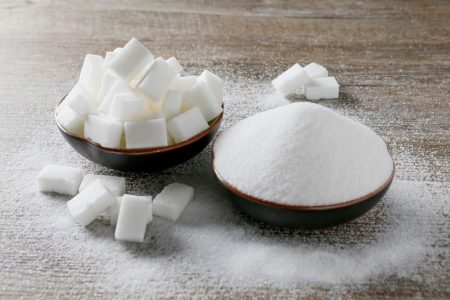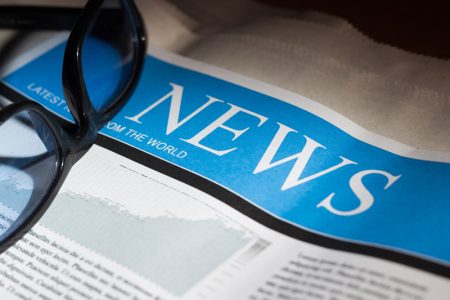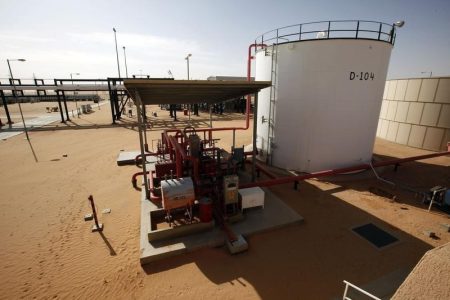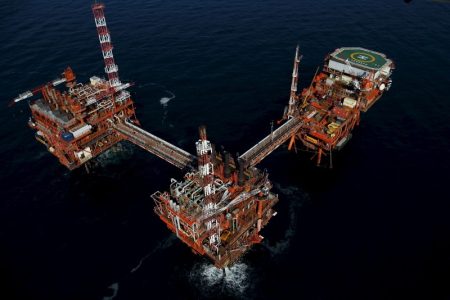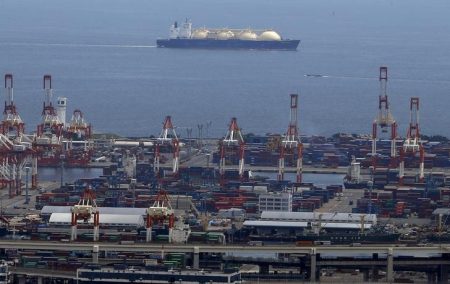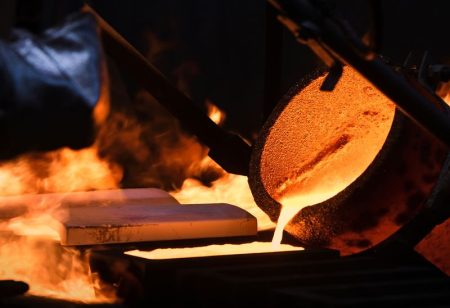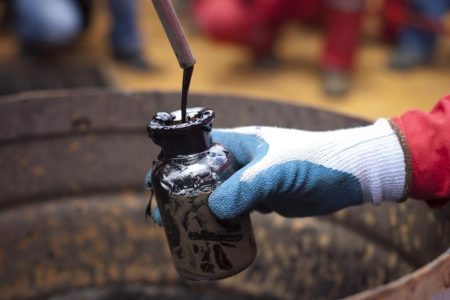By Alphonso Toweh
BARCLAYVILLE, Liberia (Reuters) – Liberia’s president, George Weah, has a message for voters ahead of Tuesday’s election: he needs more time. After a first term marred by corruption allegations and continued hardship, many still need convincing.
The former soccer star, who came to power in 2017 on a wave of popular support after two unsuccessful attempts, said he was on track to deliver progress in the poverty-stricken West African country, despite the coronavirus pandemic which he said dealt a setback to his original plans.
“We have done almost 90% of what needs to be done, that is why we are coming back to you saying, extend our time,” Weah told a rally on Wednesday night in Barclayville in southeastern Liberia.
As in 2017, Weah is campaigning on building new roads, a timely subject during elections which come around in the rainy season when much of the country’s unpaved routes are cut off from the capital Monrovia by bad weather.
“I want history to show that rural roads in Liberia were paved by George Weah,” he said.
Weah, 57, had a storied athletic career, rising from the slums of Liberia to the summit of world soccer playing for top clubs such as Paris Saint-Germain and AC Milan. He will face 19 candidates in the presidential election.
The winner of the presidential race must secure 50% of the total vote cast, plus at least one more vote, in order to avoid a runoff.
His main challenger is former Vice President Joseph Boakai, 78, whom he defeated in a runoff in 2017 and who is known as “Sleepy Joe” for allegedly falling asleep at public events.
Weah has built hospitals and introduced free education in a country still struggling to emerge from two devastating civil wars between 1989 and 2003, and a 2013-16 Ebola epidemic that killed thousands.
But some voters say they are disappointed by his failure to improve living standards or tackle corruption and a growing narcotics problem among destitute youths.
Last year, Weah fired his chief of staff and two other senior officials after the United States imposed sanctions on them for corruption. In 2018, a Liberian court issued arrest warrants for more than 30 former central bank officials in connection with $104 million that went missing.
“Weah said he was coming for change. But now, everything has got worse … Everything is hard,” said Josephine Musa, a small-business owner in Monrovia.
Maja Bovcon, senior Africa analyst at risk intelligence company Verisk (NASDAQ:) Maplecroft, said Weah will likely win in the second round because he enjoys the incumbency dividend, and his success story as a former football star who rose from poverty has enduring appeal.
But she said his poor track record in the first term, and the loss of support of his key backer, former warlord Prince Yormie Johnson, could cost him votes. Johnson has switched his support to Boakai.
“Weah administration’s weak performance and reported links to numerous corruption scandals decreases the ruling party’s chance of obtaining a majority in the legislative elections,” Bovcon said.
However, a lack of strong, fresh opposition could work in his favour, as could solid economic growth. The economy expanded by nearly 5% last year, driven by gains in agriculture and mining, the World Bank says.
Read the full article here
